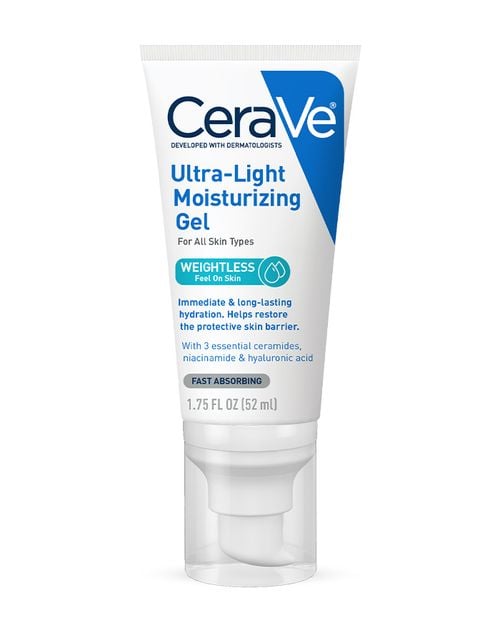News Blast
Your daily source for breaking news and insightful articles.
Moisturizer Mysteries: What’s Really Inside Your Tube?
Uncover the secrets in your moisturizer! Discover what ingredients really nourish your skin and transform your beauty routine today!
Unpacking Your Moisturizer: Key Ingredients Explained
Understanding your moisturizer is essential for achieving healthy skin. The key ingredients in your moisturizer play a crucial role in hydration and protection. Water, often the primary ingredient, serves as a base to deliver other beneficial components. Following this, you may find emollients such as sheabutterm or cocoa butter, which help to soften and smooth the skin by filling gaps between skin cells. Additionally, humectants like glycerin attract moisture from the environment to your skin, providing lasting hydration. Understanding these components can help you select a moisturizer that aligns with your skin type and concerns.
Another vital ingredient category in your moisturizer is occlusives, including substances like petrolatum and lanolin. These create a protective barrier on the skin's surface, preventing moisture loss and locking in the hydration provided by humectants. Furthermore, don't overlook the power of antioxidants, such as vitamin C and green tea extract, which combat free radicals and promote skin health. By combining these various elements, your moisturizer can effectively nourish, protect, and rejuvenate your skin, making it essential to unpack and understand these ingredients for optimal results.

Are Natural Ingredients Always Better? Debunking Moisturizer Myths
The belief that natural ingredients in moisturizers are always better than synthetic counterparts is a common myth. While it's true that many natural ingredients offer beneficial properties, they can also pose risks. For example, certain essential oils may cause allergic reactions in sensitive individuals. Additionally, natural products may not always provide the same level of consistency and efficacy as scientifically formulated ones. Some synthetic ingredients, developed through extensive research, can deliver results that natural alternatives may not match in terms of hydration, skin barrier protection, and stability.
Moreover, the term 'natural' is often misused in the beauty industry, leading to confusion among consumers. The absence of synthetic chemicals does not inherently equate to safety or effectiveness. According to dermatologists, it's crucial to focus on the specific needs of your skin rather than adhering to a strict preference for natural over synthetic. A well-formulated moisturizer, whether it contains natural ingredients or not, should be tailored to address issues such as dryness, aging, or acne. Therefore, understanding your skin's unique requirements and checking the ingredient list is essential for making informed skincare choices.
What’s Hiding in Your Tubes? Understanding Moisturizer Labels
When it comes to skincare, understanding what’s inside your moisturizer can be just as crucial as the application itself. Moisturizer labels often contain a myriad of ingredients, many of which are unfamiliar to consumers. It’s important to look beyond the marketing slogans and decorative packaging to decode these labels accurately. For instance, common components like hyaluronic acid, glycerin, and ceramides are beneficial for hydration and skin barrier protection. However, some products might also contain potential irritants like fragrances or alcohol that can detract from their moisturizing benefits.
In navigating moisturizer labels, consumers should focus on a few key elements to make informed choices:
- Ingredients List: This is usually ordered by quantity, with the most abundant ingredients listed first.
- Active Ingredients: Look for items labeled as 'active' which are specifically included for therapeutic benefits.
- Preservatives: Some products may include preservatives to extend shelf life, but knowing which ones can help you choose the best products that suit your skin type.
By taking the time to understand what’s hiding in your tubes, you can ensure that your skincare regimen is both effective and safe.